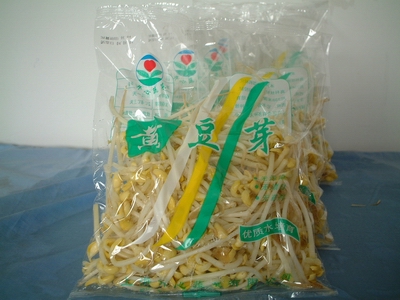
Ever buy those bags of “pre-washed” veggies to save yourself some time? Most of us have—who cannot use a little extra time! But, nowadays, some of us worry that this time-saving tactic could be putting us on the road to food poisoning.
Is it?
Pre-Washed produce is just that: Pre-washed. Many items, especially those used in salads, can now be found in the time-saving “pre-washed” convenience packages. But, with the ever-present presence of foodborne pathogens these days, some of us are wondering if washing those pre-washed items wouldn’t be the smart thing to do. Well, according to the U.S. Food and Drug Administration, pre-washed is just that—pre-washed.
“Many pre-cut, bagged, or packaged produce items like lettuce are pre-washed and ready-to-eat,” the FDA states on its website. “If so, it will be stated on the packaging. If the package indicates that the contents are pre-washed and ready-to-eat, you can use the produce without further washing.” However, they do remind people to use safe-handling practices. “If you do chose to wash a product marked ‘pre-washed’ or ‘ready-to-eat,’ be sure to use safe handling practices to avoid any cross contamination.”
Sprouts: What You Should Know
Sprouts are of special concern to many people, as they seem to be frequent culprits in foodborne illness. According to the FDA, unlike other fresh produce we consume, seeds and beans need warm and humid conditions to sprout and grow. Unfortunately, these conditions are also ideal for the growth of bacteria, including Salmonella, Listeria, and E. coli. This applies to not only store-bought sprouts, but home-grown sprouts, as well, if they are being eaten either raw or slightly cooked. And, simply rinsing sprouts in water is not enough to remove bacteria. The FDA offers these suggestions about eating sprouts:
• Children, the elderly, pregnant women, and persons with weakened immune systems should avoid eating raw or lightly cooked sprouts of any kind (including onion, alfalfa, clover, radish, and mung bean sprouts).
• Cook sprouts thoroughly to reduce the risk of illness. Cooking kills the harmful bacteria.
• When you’re eating out, ask that raw sprouts not be added to your food. If you buy a ready-made sandwich, salad, or Asian food, check to make sure raw sprouts have not been added.





